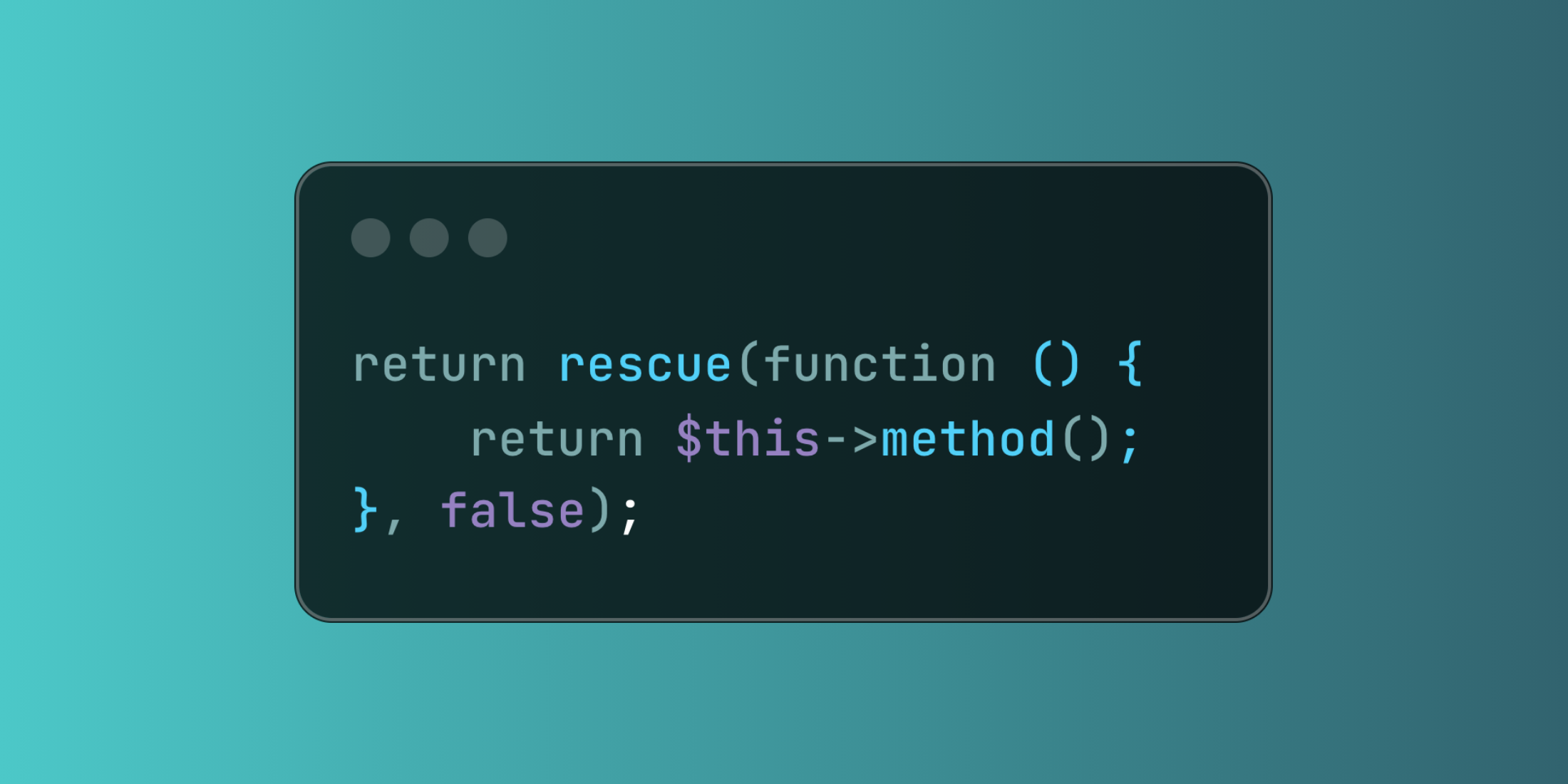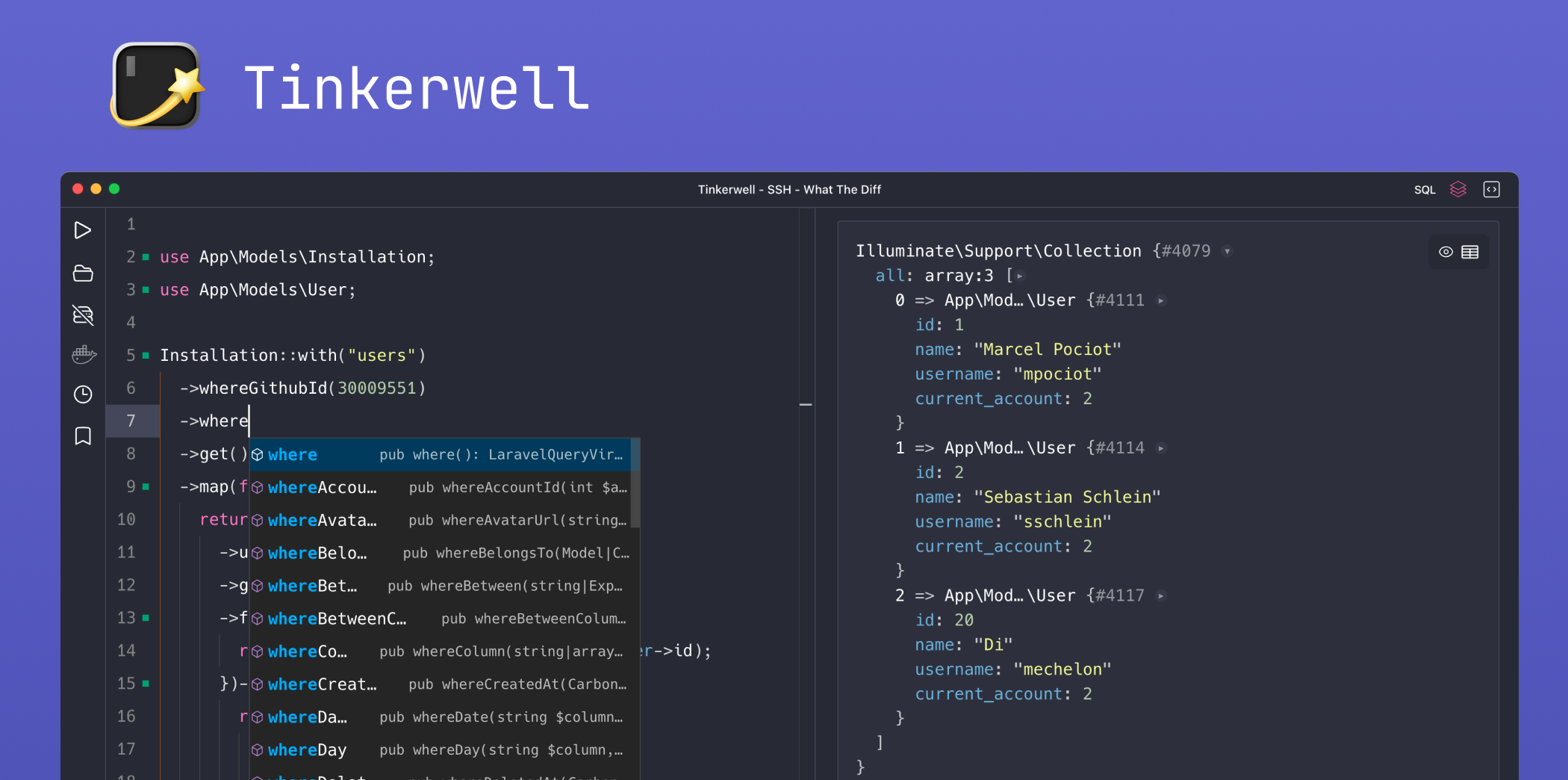Laravel's rescue function provides an elegant approach to managing potential exceptions in your code, allowing operations to continue gracefully even when errors occur.
The function accepts several parameters for flexible implementation:
// Execute code with default null fallbackreturn rescue(function () { return $this->method();}); // Specify a default valuereturn rescue(function () { return $this->method();}, false); // Use a fallback closurereturn rescue(function () { return $this->method();}, function () { return $this->fallbackMethod();});This approach proves particularly valuable when working with external services:
class ApiService{ public function fetchAccountData($accountId) { return rescue(function () use ($accountId) { $response = Http::timeout(3)->get("api.external.com/accounts/{$accountId}"); $response->throw(); return $response->json(); }, [ 'id' => $accountId, 'name' => 'Unknown', 'status' => 'error', 'last_checked' => now() ]); } public function processReports() { return rescue( function () { $reports = $this->getReports(); $processed = []; foreach ($reports as $report) { $processed[] = $this->processReport($report); } return $processed; }, function () { Log::warning('Report processing failed, using cached data'); return Cache::get('last_successful_reports', []); } ); }}The rescue function enhances code reliability by providing built-in error recovery mechanisms without complicating your application's logic with extensive try-catch blocks.

















